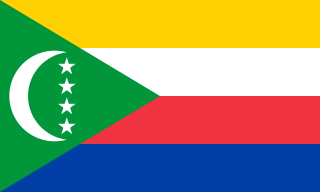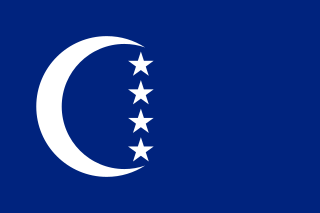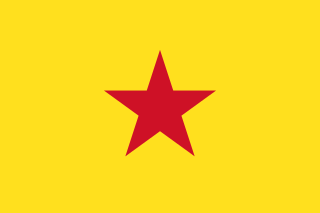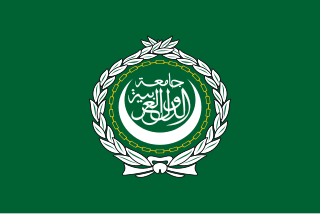The history of the Comoros goes back some 1,500 years. The Comoros have been inhabited by various groups throughout this time. France colonised the islands in the 19th century, and they became independent in 1975.

Politics of the Union of the Comoros takes place in a framework of a federal presidential republic, whereby the President of the Comoros is both head of state and head of government, and of a multi-party system. Executive power is exercised by the government. Federal legislative power is vested in both the government and parliament.

Parliamentary elections were held in the Comoros on 18 April 2004, with a second round on 25 April. The result was a victory for the Camp of the Autonomous Islands, which won 12 of the 18 elected seats.

The Comoro Islands or Comoros form an archipelago of volcanic islands situated off the south-east coast of Africa, to the east of Mozambique and north-west of Madagascar. The islet of Banc du Geyser and the Glorioso Islands are part of the archipelago. The islands are politically divided between Union of the Comoros and two territories of France : the region of Mayotte and the Glorioso Islands, a part of the Scattered Islands in the Indian Ocean, the 5th district of the French Southern and Antarctic Lands.

Elections in the Comoros take place within the framework of a multi-party democracy and a presidential system. The President and the majority of the seats in the Assembly of the Union are directly elected.

Hamada Madi, widely known as "Boléro", is a Comorian politician, former Prime Minister and interim President. He is Secretary General of the Indian Ocean Commission.

The Assembly of the Autonomous Island of Anjouan is the island's legislative body.

The Assembly of the Autonomous Island of Grande Comore is the island's legislative body.

The Assembly of the Autonomous Island of Mohéli is the island's legislative body.

Presidential elections were held in the Comoros on 16 April and 14 May 2006. As it was the turn of the island of Anjouan to hold the union presidency, a primary election was held in Anjouan on 16 April, prior to a national election on 14 May. The result was a victory for Ahmed Abdallah Mohamed Sambi, who received 58% of the vote in the national election.
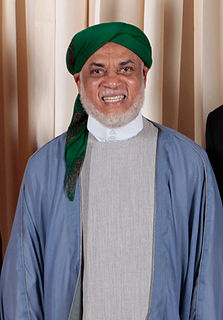
Ahmed Abdallah Mohamed Sambi is a Comorian Islamic leader and politician, and former President of Comoros. He is popularly known as 'Ayatollah'. After easily winning the 14 May 2006 presidential election with 58.02% of the national vote, Sambi was inaugurated as President of the Union of the Comoros on 26 May 2006. It was the first peaceful transfer of power in the history of the Comoros.

A presidential election was held in Anjouan on 15 June and 29 June 2008 following the 2008 invasion of Anjouan to oust Mohamed Bacar as President of Anjouan. The election was won by Moussa Toybou, who defeated Mohamed Djaanfari in the second round.

Presidential elections were held in the Comoros on 7 November 2010, with a second round on 26 December, alongside gubernatorial elections for the three main islands. The result was a victory for Ikililou Dhoinine, who received 61% of the vote.

Parliamentary elections were held in the Comoros on 8 and 15 December 1978, following the adoption of a new constitution in a referendum in October. All candidates ran as independents. Following the election, Salim Ben Ali was appointed Prime Minister on 22 December, and a government was formed on 28 December.

Parliamentary elections were held in the Comoros on 7 March 1982, following the early dissolution of the Federal Assembly by President Ahmed Abdallah on 25 January. There were 38 constituencies, each of which elected a single member. In February the Comorian Union for Progress had been created as the sole legal party, and its candidates won 37 of the 38 seats.

Presidential elections were held in the Comoros in 2002. In accordance with the new constitution approved in a referendum the previous year, the island of Grande Comore was to provide the candidates for this election as part of a rotation agreement between the three islands. A first round was held on Grande Comore on 17 March, after which the top three candidates, Azali Assoumani, Mahamoud Mradabi and Saïd Ali Kemal went through to a second, national round of voting on 14 April. However, both Mradabi and Kemal boycotted the second round, leaving first round winning Assoumani as the only candidate.

The National Rally for Development was a political party in the Comoros.

Early presidential elections will be held in the Comoros on 24 March 2019 alongside regional elections. If required, a second round will be held on 21 April.

